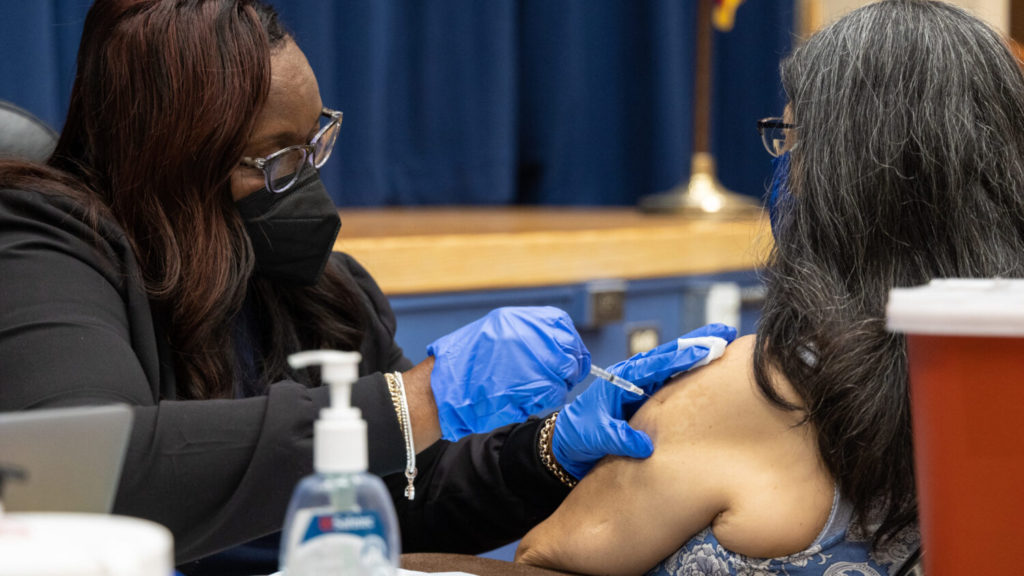“He looked at the internet a lot,” Loretta said.
Researchers believe disinformation like this — along with a history of medical distrust — are two of the biggest reasons why just 53% of people in underserved communities of color are fully vaccinated, according to the Houston Health Department.
“I think, specifically around distrust and misinformation, you have to first acknowledge it,” said Dr.
A new study University of Houston published in the Journal of Health and Social Behavior looked at vaccine rollouts in urban Texas counties, and showed that as Black and Latino populations increased, the number of vaccine sites per 100,000 people in a ZIP code decreased.
“We need to start thinking more strategically and proactively about where health care resources are going, and making sure that underserved communities are getting those healthcare resources,” said Dr.
For some — including Jackie Loretta — the seeds of doubt were planted decades ago, after the federal government’s Tuskegee Study meant to determine the effects of syphilis.
But you don’t have to go back that far: Communities of color routinely face long lines, bad medical advice and subpar prescription medications, according to Dr.
Those trust challenges were only amplified in Houston’s communities of color with confusion surrounding the Johnson & Johnson vaccine, Obasi said.
But the one-dose shot is also slightly less effective than MRNA vaccines, and initial reports showed limited cases of blood clots.
“The J&J shot was the one that many people of color actually felt comfortable with, because it was just one shot,” Obasi said.
In order to communicate more efficiently and build that trust, Obasi said local government would have to work to build strong connections with underserved communities.
But getting people to in-person town halls could be a challenge, Obasi said: Researchers say lack of transportation is another barrier to access.
The Houston Health Department is assisting those efforts, by recruiting community stakeholders within the ZIP codes identified as underserved.
“We’re going to the churches, going to businesses, talking to people in that community, and hearing their thoughts, wondering how we can address that mistrust,” said Iyin Ojekunle, community involvement coordinator with the Houston Health Department.
Ojekunle is one of eight people assigned to find influential community members in Acres Homes.
